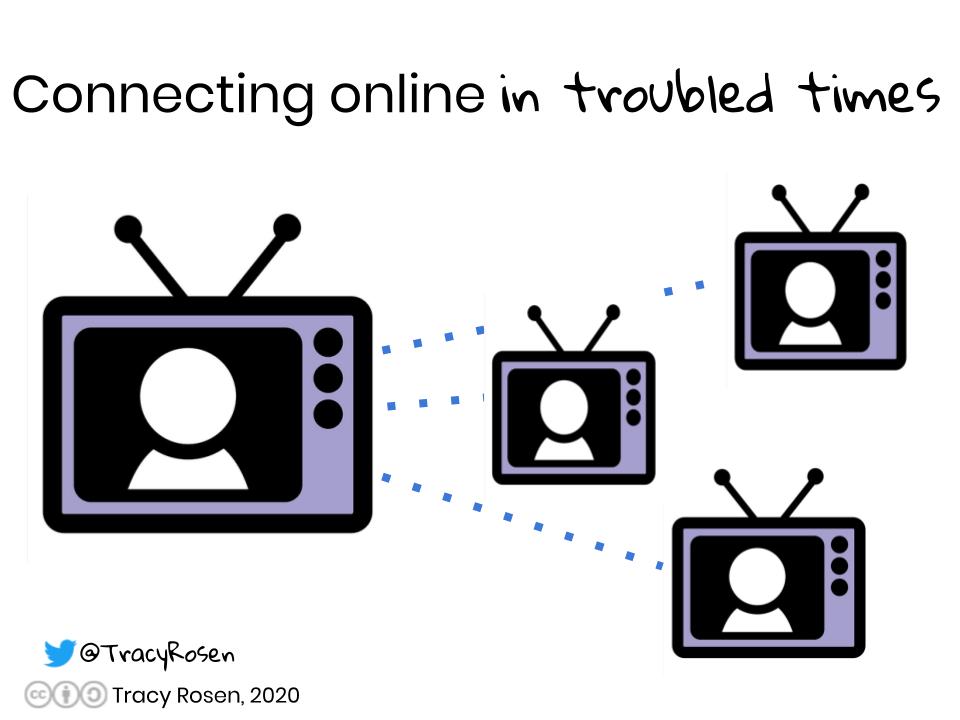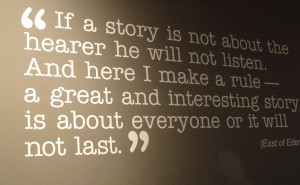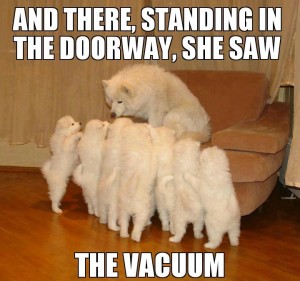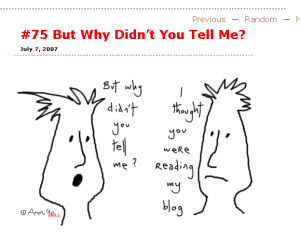Yes. Especially at this tumultuous (yet, for some lucky people, incredibly boring) point in time, we need to be talking about connection when it comes to learning. (When I say connect, I mean primarily as in human connection but also as in infrastructure.)
There have been a whole new slew of online meeting and learning memes since we have started to work and school from home. Most of them refer to either inappropriate dress (or lack thereof altogether…) in meetings or the extreme boredom, exhaustion, and frustration of them. I could include a ton of pictures of actual online meeting fails…but they involve real people and my friend Avi reminded me how sad it is for them to be reminded of their fails all the time, so here’s a joke video that pretty much sums them up.
But we have a desire to connect, a desire to connect to some kind of normalcy in these very un-normal times so we try to be productive online. Meetings, classes, more meetings, more classes. If we just continue as usual, but online, then we can quasi pretend that we aren’t going through traumatic life shifts. That not only “everything will be alright“, but it is alright.
I hear from some parents, “If only teachers would teach online, that will solve things for me and my children!” I hear from our Ministry of Education (though the last I heard from them was quite a while back…), education consultants, and PD presenters, “Here are lists (and lists and lists and lists) of things you can do to make learning happen. To solve things for those parents asking for solutions.” And so teachers forward these lists to parents weekly but they say, “No! We don’t want lists of things to do, we want…online teaching! We want you to do your jobs in our homes!”
It is all very exhausting and overwhelming. I started tuning the lists out a few weeks ago. At this point there are soooooo many lists that whenever I do need an idea I can just Google what I need and I’ll be ok. But as more of my own learning and connecting experiences are taking place online (and I used to do a lot of online learning and connecting in my former job!) the exhaustion is returning.
For the most part, these experiences are presenter focused. That is, a very traditional lecture-based presentation….despite the possibilities that online learning has for connection, collaboration, and interaction.
Last year, I experimented with working in stations during online PD sessions and I find myself reflecting on those experiences now.
The magic of online stations (which are very doable with breakout rooms in Zoom or Via ‘ateliers’ and even manageable with multiple Meet rooms) is the same as the magic of classroom stations work: the relationship and connection that is created when working with small groups of learners.
At this point in history, after months (in some cases) of being apart, connection needs to be the driving force of online learning – whether for professional development or for student development. We can’t just throw content at our students or participants. We need to design opportunities for them to connect with us, with each other, and with the material.
Some of our students have suffered great loss with sick and dying relatives. Some of our students are alone at home with parents who work at home, yet are in another room for much of the day. Some of our students can’t meet with us online because they don’t have the tech to do so. Or they can’t meet with us because their parents work in essential services and they are at emergency daycare services. All of our students are grieving the loss of their friends, their lives, their fun, their experiences during this forced time at home. Many of them are scared of this loss and of this virus (and so are we.) We can’t ignore these very real facts.
Consider this when arranging to meet with your students or teachers online. How are they connecting with you and with their peers? Are you muting them all because it is just too noisy (and taking away their means to connect and express)? Or are you planning for small group work that they will do in separate meeting rooms so that they can talk with each other and the presenters and not be overwhelmed by 20+ learners talking at the same time? Are you making sure that you have time to connect with each of the small groups so they can ask questions or say things that they may not be brave enough to utter in a large group?
This works. I know because I have lived it a variety of levels. And if you can do this with teaching partners, it works even better because each of the small online breakout rooms can have a teacher to guide the conversations and check in with students. And the bonus is that we teachers get to support and connect with each other as well as we, in turn, support our students and their families in these very troubled times.
We are not teaching. We are connecting.




